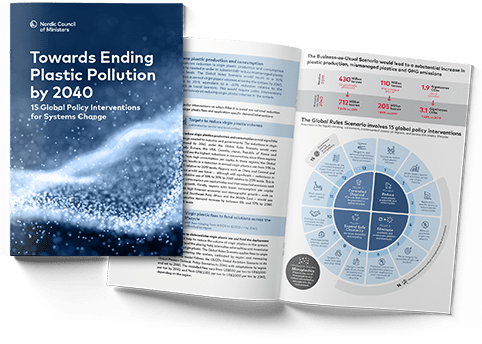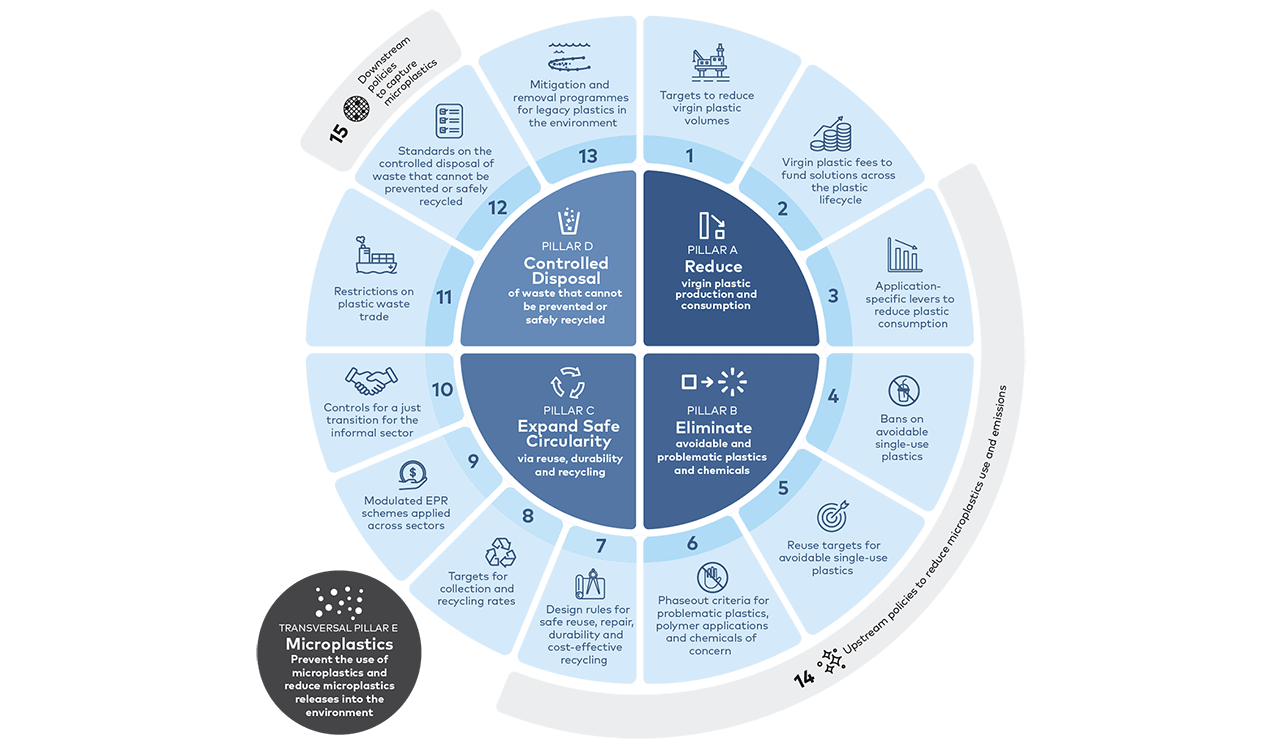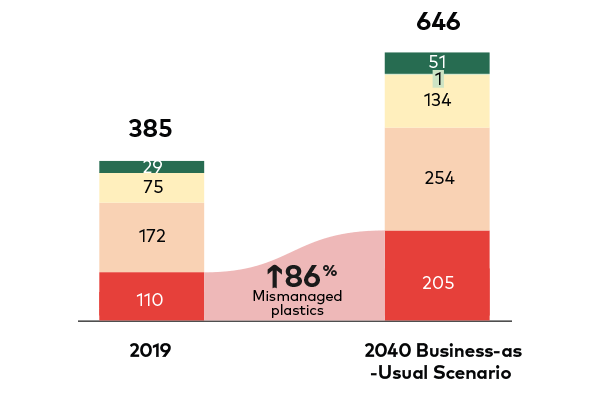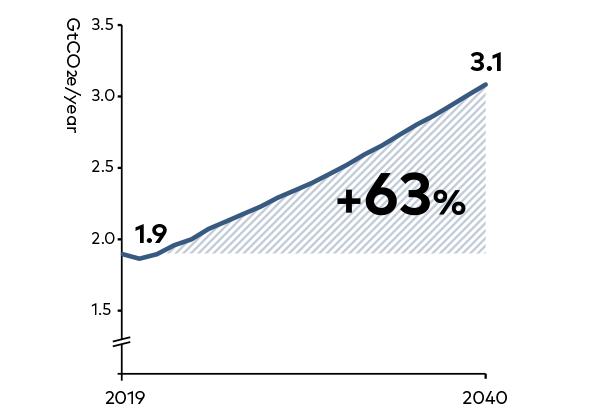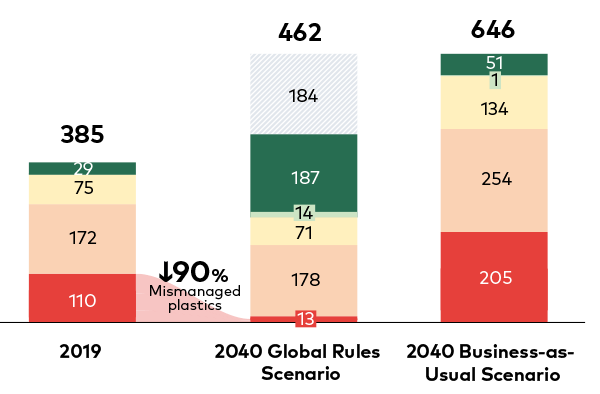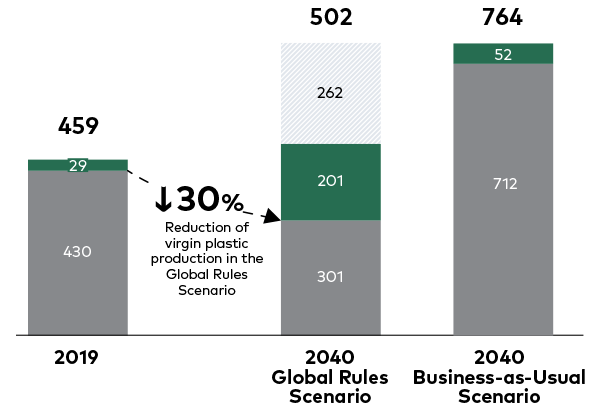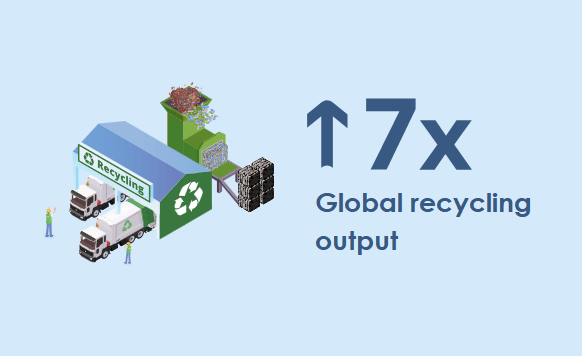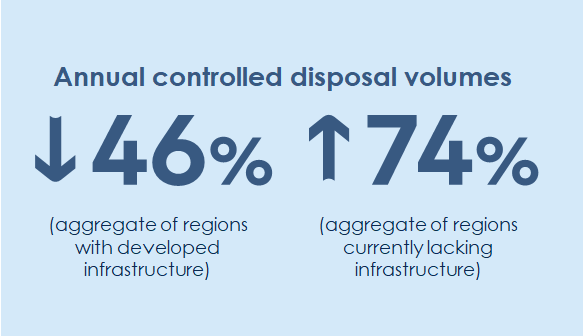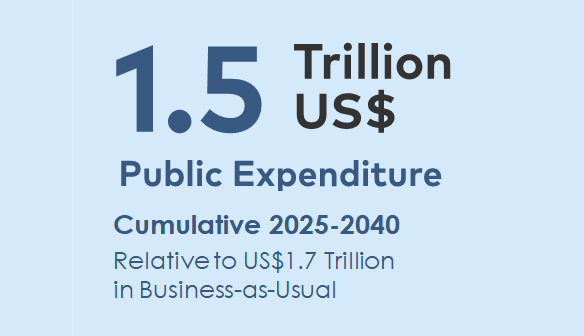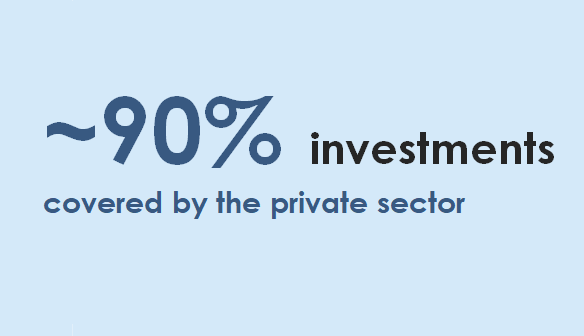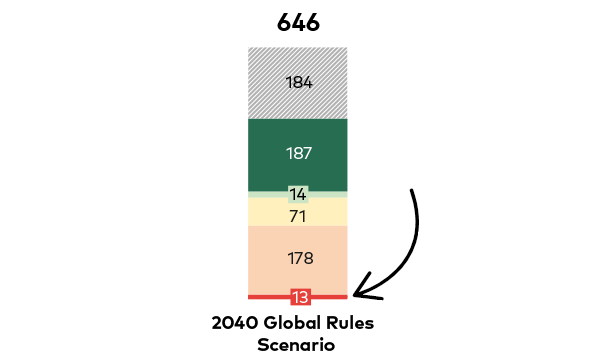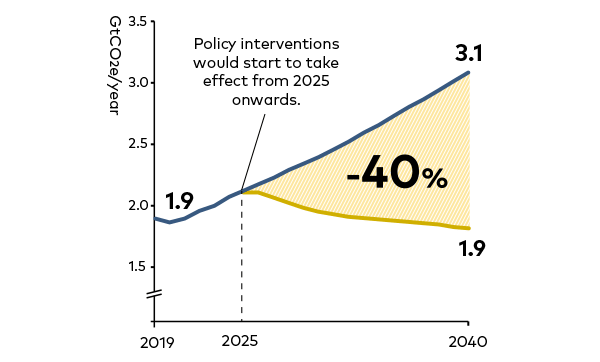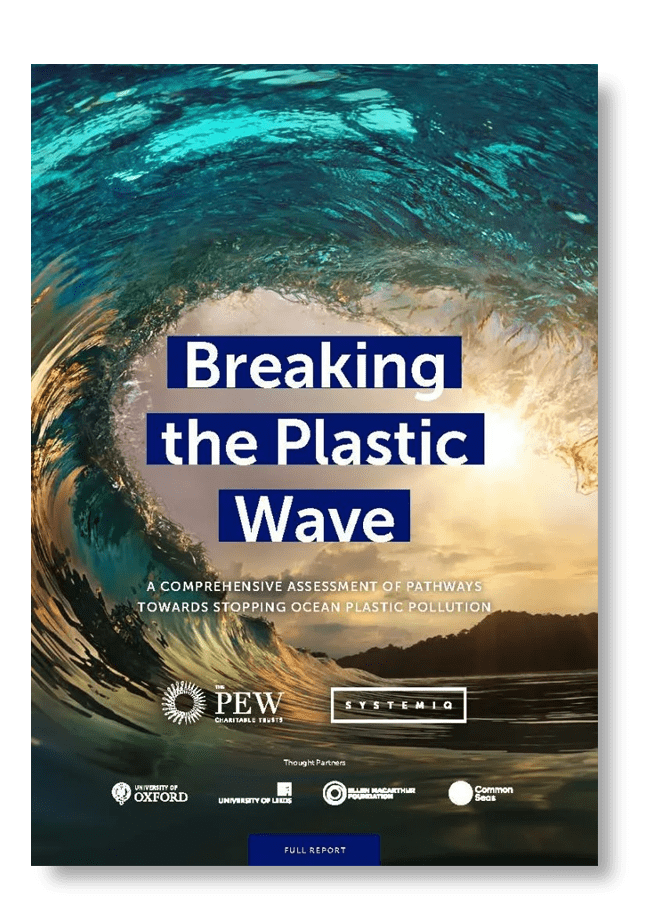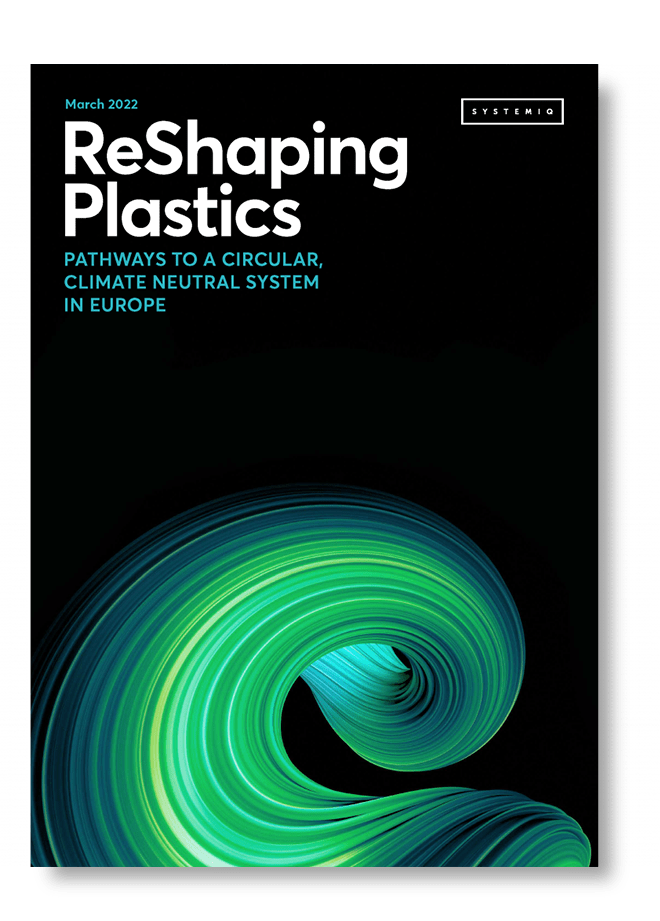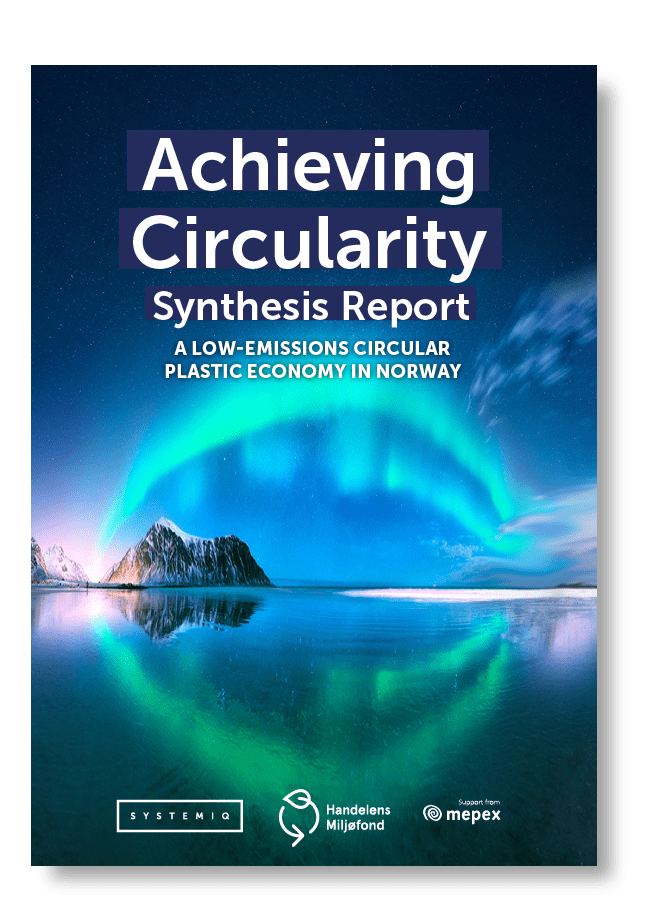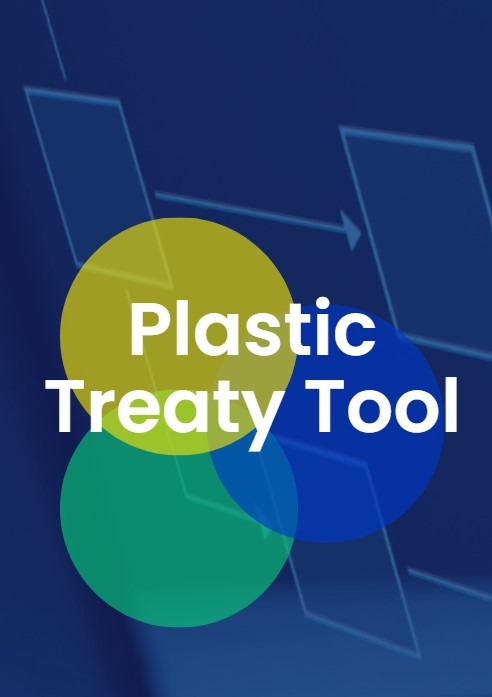Attendees
Thórdís Kolbrún Reykfjörd Gylfadóttir, Foreign Minister of Iceland, Presidency of Nordic Council of Ministers
Espen Barth Eide, Minister of Climate and Environment of Norway
Inger Andersen, Executive Director, UN Environment Programme
Jeanne d’Arc Mujawamariya, Minister for the Environment of Rwanda, Co-Chair of the High Ambition Coalition to End Plastic Pollution
Marina Silva, Minister of the Environment of Brazil
Hon. Mr. E.P.Chet Greene, Minister of Foreign Affairs, Agriculture, Trade and Barbuda Affairs of Antigua and Barbuda
Dr Thérèse Coffey, Secretary of State for Environment, Food and Rural Affairs of the United Kingdom
Virginijus Sinkevičius, European Commissioner for the Environment, Oceans and Fisheries
Timo Jaatinen, Vice Minister, Ministry of the Environment of Finland
Dia Mirza, UN SDG Advocate and UNEP Goodwill Ambassador
Nikolaj Coster-Waldau, UNDP Goodwill Ambassador
Kirsten Schuijt, Director General of WWF International
Johanna Lissinger Peitz, Ambassador of Sweden
Ole Thonke, Vice-Secretary for Development Policy of Denmark
Quotes from TEPP2040 launch event
Thórdís Kolbrún Reykfjörd Gylfadóttir, Foreign Minister of Iceland, Presidency of Nordic Council of Ministers
Today we are unveiling an analytical report that marks a pivotal step towards addressing this serious global issue [plastic pollution]. The “Towards Ending Plastic Pollution by 2040” report, commissioned by the Nordic Council of Ministers and developed by Systemiq, is a comprehensive study that offers solutions to this formidable challenge. It is not merely an academic exercise but a beacon of guidance. It is designed to inform and bolster the ongoing negotiations for an international, legally binding instrument to end plastic pollution by 2040.
Espen Barth Eide, Minister of Climate and Environment of Norway
The scenarios presented in the “Towards Ending Plastic Pollution by 2040” report help us to focus our minds on where to go and what is possible. The most important message is that it can be done, it is possible, it is doable, but it requires solid global cooperation between governments. We need strong, active support from industries, and from civil society. It is a necessary transition and it needs to be a fair transition.
Inger Andersen, Executive Director, UN Environment Programme
This report, released by the Nordic Council and developed by Systemiq, informs us about what understanding there needs to be and ambition could look like. The study is very important because it looks at the impact of those interventions on plastic leakage, which is such a critical element [of the plastic treaty]. I thank the Nordic Council of Ministers for stepping into this space and for demonstrating leadership.
Jeanne d’Arc Mujawamariya, Minister for the Environment of Rwanda, Co-Chair of the High Ambition Coalition to End Plastic Pollution
The report not only outlines the gravity of the issue but also offers a roadmap toward a more sustainable future, free from plastic pollution. It’s a critical milestone in our journey to tackling plastic pollution. The report models what a solution could look like. … The Nordic launch of the “Towards Ending Plastic Pollution by 2040” report signifies a significant step forward in our mission to protect our environment. But we know that even the far-reaching measures in the report will not be enough. That is why we must strive for high ambition in the plastic treaty negotiations. Let us use the report as both a warning what will happen if we fail, and the blueprint for action and the source of inspiration, as we work together to preserve our planet for ourselves and the future generation. May this report serve as a catalyst, inspiring us to broaden our horizons and undertake our research and analysis. Let it guide our national initiatives, equipping us with the knowledge and foresight to advance our journey towards the eradication of plastic pollution.
Virginijus Sinkevičius, European Commissioner for the Environment, Oceans and Fisheries
This is the very first time that anyone has looked at the detail of what needs to be done to achieve this mission of ending plastic pollution. We should all study this report very carefully before we enter the third round of negotiations in Nairobi and I am relieved that the study confirms that action must be taken both up- and downstream. And this should be done globally, with measures that are legally binding. There is no viable alternative to the Global Rules Scenario. I wholeheartedly welcome the findings, the EU will keep promoting this line as there are no other viable alternatives.
This report is another very useful input to the discussions in the Intergovernmental Negotiating Committee. There are clear answers here to many of the questions that we have been asking ourselves. It doesn’t solve everything. But what it does, it very clearly opens the way to deeper discussions about the problems that we still need to address. I hope that this work will inspire many and will guide us to where we need to end up.
Kirsten Schuijt, Director General of WWF International
I want to congratulate and thank the Nordic leaders for initiating this incredibly powerful report. There are three key learnings we take away from it. First of all, ending plastic pollution is possible. But we really need to step up our actions. And it’s a once-in-a-lifetime opportunity to do so. Secondly, the specific common binding global rules are absolutely essential for the targets we are aiming to achieve. Without these, the treaty will fail. Thirdly, the measures outlined in this report really are not enough. It’s a wake-up call for all of us to dial up our actions even more.
The event and this report send a clear signal to the negotiators that we all need to significantly increase our ambition on plastic pollution, and that we really need the global binding goals and rules. Otherwise, we will never get there. This is a once-in-a-lifetime opportunity.

